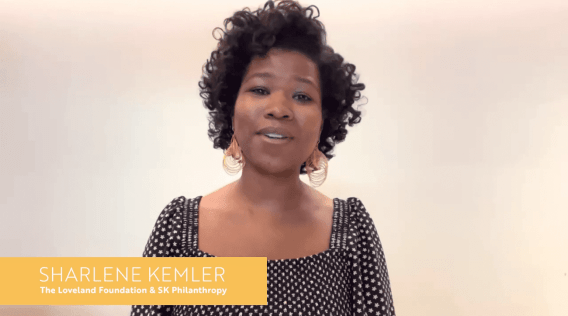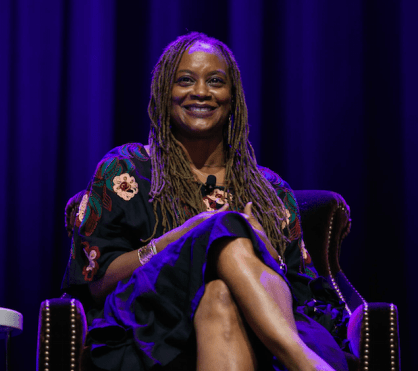Data reveals how women suffer disparities in health funding, especially related to brain disorders. As a result, funding for women’s brain health is alarmingly insufficient and contributing to expensive long-term treatment costs.
Women have been coming out and speaking against the inequities they face in health care. For years, women have been saying that the healthcare field has not had their best interests at heart. They frequently have expressed that the medical community has treated them with dismissal and misdiagnosis.

New data reveals this to be especially poignant in terms of women dealing with brain health disorders. An organization by the name of WHAM (Women’s Health Access Matters), released a report about this data.
Read More









